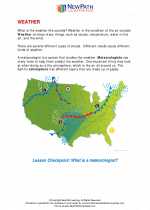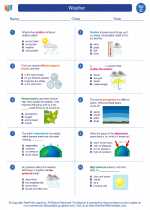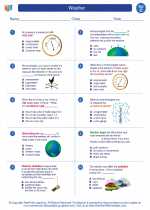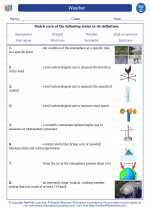Territorial Behavior
Territorial behavior is a common phenomenon in the animal kingdom, where an organism actively defends a particular area or space from others of its species. This behavior is often observed in a wide variety of animals, including birds, mammals, reptiles, and insects.
Key Concepts
- Territory: A specific area or space that an animal defends against intruders.
- Defense Mechanisms: Animals exhibit various behaviors and tactics to protect their territory, such as vocalizations, physical displays, and even physical combat.
- Benefits of Territory: Securing a territory allows an animal to access vital resources such as food, mates, and shelter, increasing their chances of survival and reproductive success.
- Communication: Animals often use scent markings, sounds, and visual displays to communicate territorial boundaries to other members of their species.
Study Guide
To better understand territorial behavior, consider the following study guide:
- Examples: Research and document examples of territorial behavior in different animal species. Pay attention to the specific behaviors and strategies employed by each species to defend their territory.
- Role of Hormones: Explore the role of hormones, such as testosterone, in regulating territorial behavior in animals. Discuss how hormonal changes can influence an animal's territorial tendencies.
- Environmental Factors: Investigate how environmental factors, such as population density and resource availability, impact territorial behavior in animals. Consider how these factors may lead to conflicts or cooperation among individuals within a species.
- Human Implications: Discuss how the concept of territorial behavior extends to human society. Analyze the ways in which humans establish and defend territories, both on a personal and societal level.
By delving into these key areas of study, you can gain a deeper understanding of territorial behavior and its significance in the natural world.
.◂Science Worksheets and Study Guides Third Grade. Weather
Study Guide Weather
Weather  Worksheet/Answer key
Worksheet/Answer key Weather
Weather  Worksheet/Answer key
Worksheet/Answer key Weather
Weather  Worksheet/Answer key
Worksheet/Answer key Weather
Weather  Vocabulary/Answer key
Vocabulary/Answer key Weather
Weather  Vocabulary/Answer key
Vocabulary/Answer key Weather
Weather 

 Worksheet/Answer key
Worksheet/Answer key
 Worksheet/Answer key
Worksheet/Answer key
 Worksheet/Answer key
Worksheet/Answer key
 Vocabulary/Answer key
Vocabulary/Answer key
 Vocabulary/Answer key
Vocabulary/Answer key

The resources above cover the following skills:
EARTH AND SPACE SCIENCE (NGSS)
Earth’s Systems
Students who demonstrate understanding can:
Represent data in tables and graphical displays to describe typical weather conditions expected during a particular season.